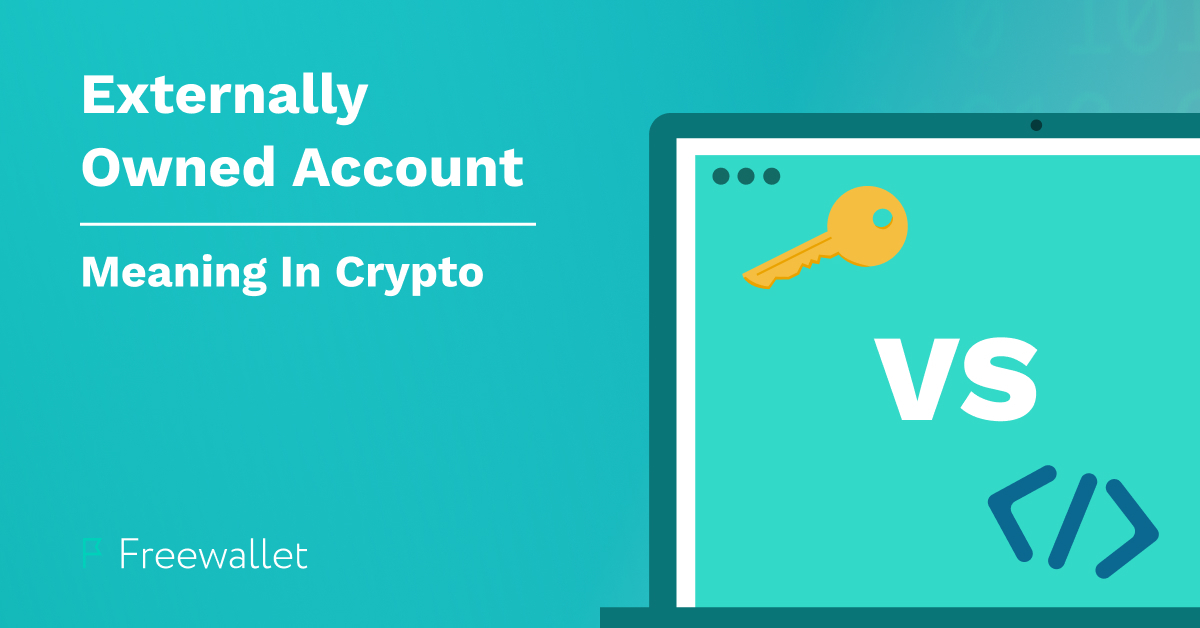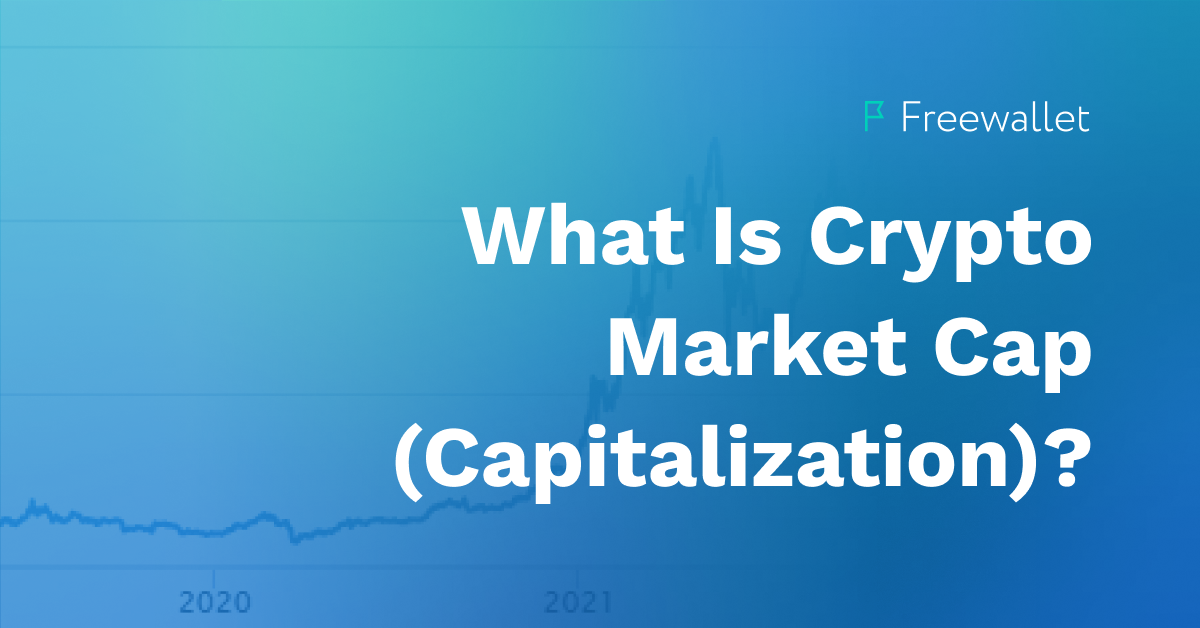
The cryptocurrency industry offers a diverse range of methods for owning and managing your digital assets. You can manage your crypto directly using a pair of keys printed or written down on a piece of paper, leverage advanced technology through smart contracts, or entrust your account security to a third party by using a wallet company.
This article delves into a common type of blockchain account known as an Externally Owned Account (EOA). We’ll explore the advantages and disadvantages of this account type, learn about EOA wallets, and address essential questions surrounding EOAs.
What Is an Externally Owned Account?
An Externally Owned Account (EOA) in the world of cryptocurrency is a blockchain account created and managed directly by its owner using a private key. The private key serves as a unique signature, safeguarding the account from unauthorized access.
EOAs are the most basic type of blockchain accounts. They are widely used for cryptocurrency transfers, messaging, and interactions with applications and platforms for trading, staking, yield farming, and more. EOAs are compatible with a wide range of blockchains.
What is a Private Key?
In the realm of cryptocurrency, the private key holds a special significance. Every cryptocurrency owner needs a unique pair of keys to send and receive transactions. These keys are represented as strings of seemingly random characters. A key pair comprises a public key and a private key.
Image source: Investopedia
The public key serves as your wallet address. It can be shared publicly, allowing others to send you cryptocurrency using your unique public key.
The private key, on the other hand, is a closely guarded secret that should never be shared with anyone. It grants control over the cryptocurrency funds associated with the corresponding public key. When you send cryptocurrency, you use your private key to sign the transaction, ensuring that the funds are securely transferred to the intended recipient. Once the transaction is complete, the sent coins cannot be recovered.
In a way, the private key acts as your digital identification. However, you can have multiple key pairs and EOA-based wallets. You can even create a new wallet for each transaction. Hierarchy-deterministic wallets (or HD wallets) automatically generate new wallet addresses for each transaction, enhancing user privacy. This is important because most blockchains display the amounts of cryptocurrency transferred between wallet addresses. If you consistently use the same address for transactions, you increase the risk of your transaction history being exposed.
Externally Owned Account vs. Contract Account
To better understand the nature of EOAs, let’s compare them to Contract Accounts (CAs), another account type prevalent in Ethereum. While EOAs are managed using private keys, CAs rely on smart contracts.
EOAs are entirely controlled by their owners (users). A private key is generated using cryptography, and keeping this key secure is crucial for account owners to safeguard their funds. Creating an EOA is free, and it doesn’t involve any coding.
Image source: DEV Community
CAs are more sophisticated and require coding. On Ethereum, contract accounts execute code through the Ethereum Virtual Machine (EVM). Contract accounts are self-sustaining, storing code and data but not private keys. Because they store data, they require resources, making account creation not free.
What Is an EOA Wallet?
EOA wallets are cryptocurrency wallets built on externally owned accounts. Using a hardware or software EOA wallet, individuals can store, manage, receive, and send cryptocurrency funds. They also support more complex actions like interactions with smart contracts, web3 applications, and so on.
However, EOA wallets lack automated transactions and other advanced features. This is because EOA wallets only execute actions approved by the wallet owner. CA-based wallets utilize account abstraction, enabling users to perform numerous advanced features that involve automation. EOA wallets prioritize ease of use and provide complete control over every interaction involving your cryptocurrency.
Pros & Cons of EOAs
EOAs have both advantages and limitations. Let’s examine the pros and cons of externally owned accounts.
Pros
Free of Charge: Creating an EOA is free, making it an accessible option for a wide range of users. This benefit is particularly valuable in networks with high transaction fees, such as Ethereum.
Ease of Use: Externally owned accounts are the most straightforward type of blockchain account. To set one up, you only need to generate a private key, which will be used to sign all your actions on the account. No special skills or knowledge are required to use EOAs.
Versatility: EOAs can be used to initiate various types of transactions and interact with a diverse range of cryptocurrency platforms and decentralized applications (dApps).
Full Control: A key advantage of EOAs is that they empower users with complete control over their funds and accounts. Only someone with the private key can access and use the EOA. This makes the private key extremely important and necessitates careful safeguarding.
Cons
Vulnerability: As mentioned earlier, the private key needs to be stored securely. This heavy reliance on a single security factor makes EOAs somewhat vulnerable. If the private key is compromised, the funds associated with the EOA are at a significant risk.
Gas Token Dependency: Blockchains that use EOAs require transaction fees to be paid in the network’s native tokens. This can be inconvenient for some users.
Limited Functionality: While EOAs excel at basic features, they lack some of the advanced functionalities that require coding and are supported by contract accounts.
Non-Custody Web3 Wallet by Freewallet
A prime example of an EOA wallet is the web3 non-custody wallet developed by Freewallet. Launched in February 2024, this wallet is a product of Freewallet’s experienced team, responsible for numerous cryptocurrency wallet apps launched in previous years.
The Freewallet app is available on mobile devices and as a web browser extension. It supports the storage, sending, receiving, and management of over 1,000 cryptocurrencies across 15 blockchains. You can even use more tokens as Freewallet allows users to add custom blockchains. Access to the web3 environment is enabled via the WalletConnect feature.
The app supports buying cryptocurrencies with a card through partner local payment operators, making it easy to get started with crypto. When using a payment operator, you may be required to complete a Know Your Customer (KYC) procedure. Freewallet accepts Visa, Mastercard, Google Pay, and other payment methods.
To exchange one cryptocurrency for another, you can use either in-built centralized or decentralized exchange platforms or swap tokens instantly without needing to register or verify an account.
All communication between Freewallet and users is secured by robust AES-256 encryption and various sophisticated security protocols. As the Freewallet web3 wallet is non-custodial, you maintain complete control over your funds. Only you have access to your account and funds. Make sure to store your seed phrase securely, as it is essential for account recovery and other purposes. Additional security measures include a PIN, a passkey, and setting the spending limits.
Overall, the Freewallet self-custody web3 wallet showcases the key features and benefits of EOA wallets. It empowers users with complete control, is easy to use, and is secure, enabling users to perform basic cryptocurrency actions and connect to web3 applications and platforms for expanded options.
Conclusion
EOAs, or Externally Owned Accounts, are owned by individuals outside the blockchain. These accounts are the most basic type, characterized by their simplicity in use and architecture, and are fully managed through private keys. Unlike Contract Accounts (CAs), which offer more sophisticated features, creating an EOA is free. However, EOAs lack some of the advanced functionalities supported by CAs.
Related
Stay tuned
Subscribe for weekly updates from our blog. Promise you will not get emails any more often.
Most Popular
New Posts
Stay tuned
Subscribe for weekly updates from our blog. Promise you will not get emails any more often.







